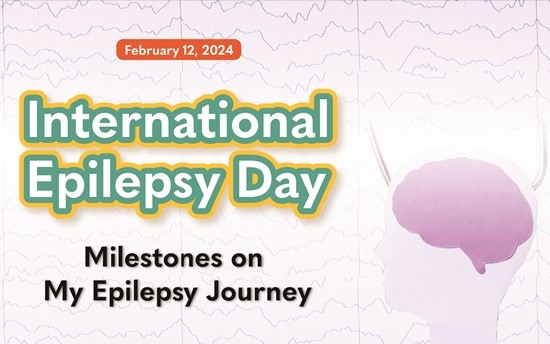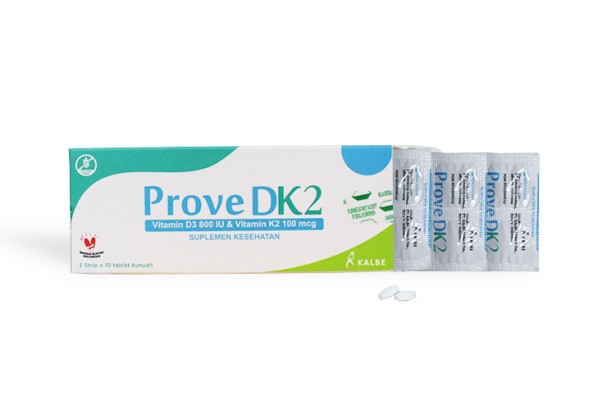
The prevalence of post-stroke cognitive impairment (PSCI) ranges from 20-80%. Several studies have found that vitamin D deficiency is common in stroke patients, showing that vitamin D deficiency in short-term ischemic stroke is associated with a higher incidence of 1-month cognitive impairment.
Recent studies have also been conducted to examine the link between vitamin D and cognitive performance in post-stroke patients. The study was a cross-sectional study of 20 post-ischemic stroke patients. Vitamin D levels were measured using an enzyme-linked fluorescent assay (ELFA). The computerized mini-mental state examination (MMSE) and clock drawing test (CDT) assessed cognitive performance.
The results indicated that vitamin D insufficiency (<30 ng / mL) was experienced by all study subjects (100%), with a mean ± SD level of vitamin D 13.75 ± 4.06 ng / mL. More than 70% of the subjects have cognitive impairment. Based on the MMSE, patients with cognitive impairments had lower vitamin D levels than cognitively regular patients (13 ± 4.38 vs. 16 ± 2.44 ng / mL; p <0.001). On CDT examination, patients with cognitive impairments had slightly higher vitamin D levels than patients with cognitive normalcy. However, CDT examination is less sensitive than MMSE. PSCI detected fewer patients with CDT, which led to differences in the MMSE and CDT examination results in this study.

The study concluded that vitamin D insufficiency in post-ischemic stroke patients increases the risk of post-stroke cognitive impairment. Clinicians should know the vitamin D status in post-stroke patients, especially in the elderly population.
Please read: Prove D3-1000, Vitamin D3 (cholecalciferol) 1000 IU (25 mcg)
Image : Ilustration (www.pexels.com)
Reference:
1. Pinzon R, Wijaya VO, Paramitha D. Vitamin D status and cognitive performance of post stroke patients. Mol Cell Biomed Sc 2021; 5 (1): 22-6
2. Chen H, Liu Y, Huang G, Zhu J, Feng W, He J. Association between vitamin D status and cognitive impairment in acute ischemic stroke patients: a prospective cohort study. Clin Interv Aging. 2018; 13: 2503-9.














